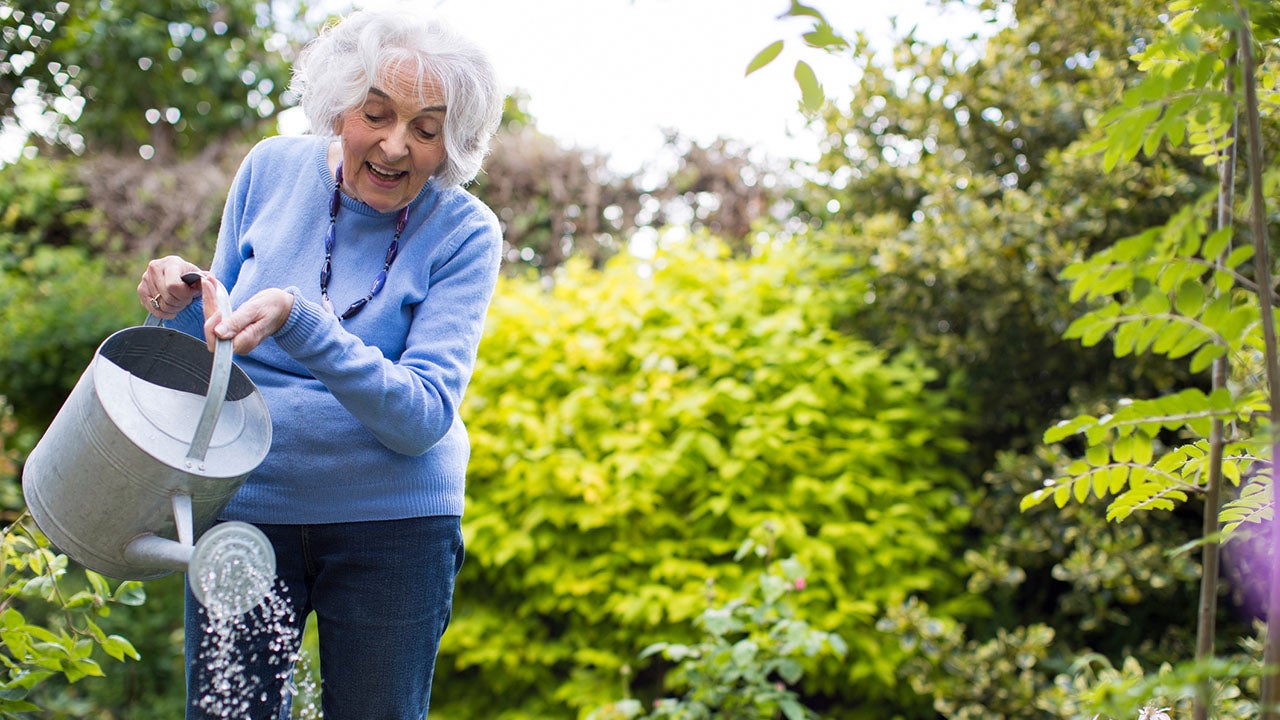Laurie Santos is a psychology professor at Yale University and director of its Comparative Cognition Laboratory. An expert on human cognition and biases that plague human decision-making, she studies what makes the human mind special by exploring how animals think about the world. She will speak in the 2019 program track, Understanding Emotion. We asked her about unique challenges for today’s college students and best practices to improve well-being at any age.
Why do you think your courses and talks focused on happiness have become so popular?
I think the course’s popularity stems from the fact that people want to feel better. Particularly on college campus, students are a lot more stressed and unhappy than people realize. I think my Yale class became the most popular class in over 300 years in part because students are searching for ways to develop a better culture and to improve their well-being. But it’s not just students— many of us feel like we’re not flourishing as much as we could be and the science really does offer us a lot of answers. I think this is one reason the online Coursera course we offer has also become incredibly population, with over 200,000 people taking the course.
Young people report higher rates of depression and anxiety. Why do you think that is?
I think we’re experiencing a mental health crisis among our young people in part because college students today are not doing the behaviors needed to become happier. In my class, I make the case that our minds lie to us about what we need to do to become happy. Young people are focused on their grades and career prospects often at the expense of social connection, free time, healthy practices like exercise and sleep, and thinking about others. This kind of individualist accolade seeking is what our minds tell us might make us happier, but these strategies aren’t born out by research. I also think you people have other challenges to things that improve happiness through technology today. Devices like smartphones often impede real life social connection, which can contribute to the loneliness many young people feel nowadays.
If you could offer one piece of advice to someone looking to be happier, what would it be?
Honestly, it would be to learn the science on what actually works to improve well-being. Often we try to improve our well-being the wrong way. We go after the wrong stuff, and when that doesn’t work, we double-down on our bad strategies. The science of positive psychology can give us important tips for how to do better. That science has certainly helped in my own life.
Do you ever have trouble following your own advice on happiness and well-being?
Oh, all the time. Another thing the science teaches us is that happiness takes work. Happiness isn’t something you achieve. It’s like a leaky tire that constantly needs air. So it takes some work. Teaching this class has taught me it’s worth putting that work in, but even I get lazy sometimes. I’m also subject to the same biases that everyone is, meaning that my mind also lies about what will work to improve my well-being. So I also need to put work in and avoid the bad strategies. But knowing the science can help get you back on track. In fact, my own happiness has improved significantly since teaching the class.
The views and opinions of the author are her own and do not necessarily reflect those of the Aspen Institute.


